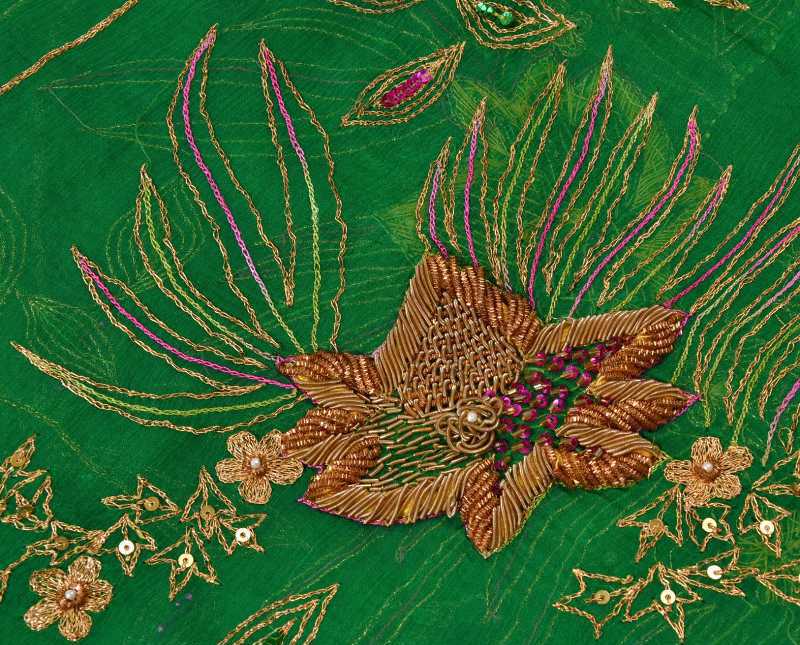===
0239,
9
===

=== |
 |
vaẓʿa : 'Placing, fixing, laying, laying down, founding, establishing; making, forming, inventing; invention; —situation, position; disposition; nature, tenour; description, character, complexion; —condition, state; —appearance, form, guise; —gesture, action; —conduct, behaviour; —mode of living or acting; mode, manner, fashion; —operation, performance, procedure'. (Platts p.1196)
ṣuḥbat : 'Companionship, society, company; an assembly, meeting, association; a fair; discourse, conversation, intercourse'. (Platts p.743)
FWP:
SETS
MOTIFS == GATHERINGS; WINE
NAMES == JAMSHID
TERMSThis is the third of five verses of a verse-set that continues through {239,11}. For a full discussion see the first verse, {239,7}.
The mysterious voice gives Jamshid credit for 'founding' or 'establishing' (see the definition above) the wineglass. In Persian tradition, the story of Jamshid's famous 'Cup of Jamshid'-- the jām-e jamshīd , or jām-e jam , or 'World-showing wineglass' [jām-e jahāñ-numā], endows him with a wineglass that enables him, through divination, to look into its depths and see everything in the world; but the story doesn't credit him with the original invention or popularization of wine-drinking as this verse seems to do. SRF plausibly suggests that the speaker simply means to emphasize the way Jamshid and his original wineglass vanished along with his drinking companions, to be supplanted by new wineglasses and new wine-drinkers through the relentless turning of the wheel of time and fate.
The verse has a maximally insha'iyah structure: it consists entirely of open-ended questions that can be read in a remarkable variety of tones-- as genuine inquiry ('Indeed, where did they all go?'), or as neutral rhetorical questions ('No one can know where they went'), or as melancholy ('Alas for the loss of such people!'), or as disdainful ('They thought so well of themselves, but look at the outcome!'). With the same range of affect and effect, in short, as Villon's 'Mais où sont les neiges d'antan!' ('But where are the snows of yesteryear!') and other poems in the 'ubi sunt' mode.